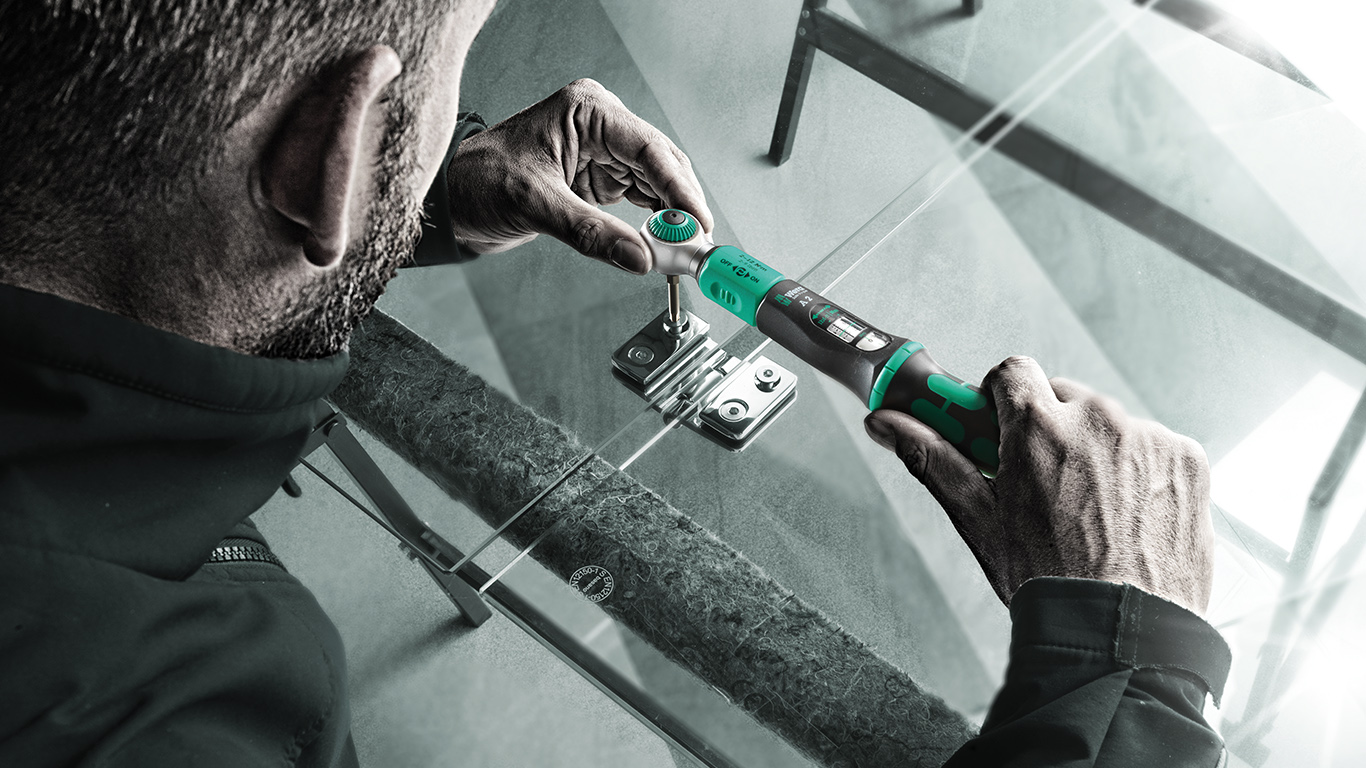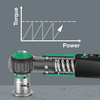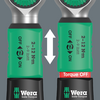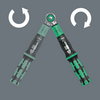
Wera UK Solutions Specialist recently visited a global brewer to help solve a range of particular challenges. This is an extract from his report:
During the changing of filling valves, production staff members are frequently stripping threads – due to over torquing the M6 and M8 bolts. This results in increased downtime for the bottling line and also ties up resource from the maintenance department, effecting planned work and potentially creating a backlog of breakdowns, negatively impacting the OEE of the entire shop floor.
The innovation ingrained into the Wera Safe Torque wrench rules out the possibility of fittings being over-torqued, as the mechanism in the head will slip once at the set torque. This not only stops components being damaged, but also reduces the likelihood that fittings are under-torqued due to the operator being worried applying too much torque. Subject to the correct use, this reduces the effect human error can play in the changeover process, improving the repeatability of the process as well as preventing downtime.
By ensuring threads are no longer being stripped, OEE across the full shopfloor has the potential to improve, whilst also increasing the service life of the machinery as temporary repairs will reduce in frequency. It also means costs can be reduced on consumables such as helicoils that may be being used to repair damaged threads.
By helping to eliminate the human error from the process, it also opens up the changeover process to more operators on the shop floor, that may not be as experienced. The implementation of the Safe Torque also reduces the training required to carry out the process when new starters join the business.
In addition to this, the torque feature can be disengaged so the tool can be used as a standard ratchet – meaning it can be a versatile tool to have on the shop floor and used on a variety of other processes without knocking the calibration out.




Some features of this website need your consent.